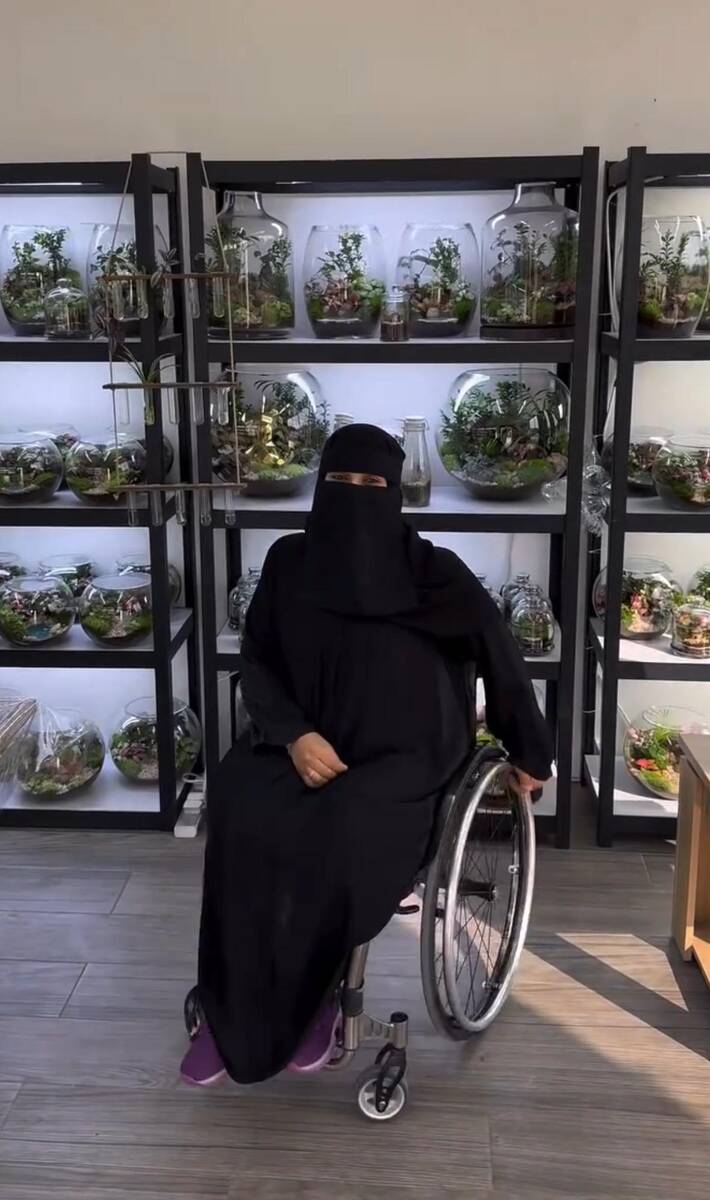RIYADH: Saudi Arabia’s foreign minister called on Wednesday for a renewed block on weapons sales to Iran after the latest attacks on oil facilities in the Kingdom’s Eastern Province.
Ras Tanura, one of the world’s biggest oil ports, was targeted by an armed drone on Sunday. Hours later, a ballistic missile was shot down over an Aramco residential area just to the south in Dhahran.
A UN arms embargo expired in October, allowing Iran to purchase foreign weapons for the first time in a decade. Efforts to keep the ban in place foundered in the UN Security Council, despite intense efforts by the United States to lobby support.
“We have witnessed widespread condemnation of the recent attempt on facilities in Ras Tanura, as well as a strong stance from the international community that parallels the gravity of the attack that comes not only against the Kingdom but also on the global economy,” Prince Faisal bin Farhan said at a press conference on Wednesday with his Russian counterpart, Sergey Lavrov.
The attempted strikes were condemned by governments around the world and caused a brief spike in oil prices.
They took place amid a wave of drone attacks on southern Saudi Arabia by the Iran-backed Houthi militia in Yemen.
“Such attacks require a strong stand by the international community in confronting the perpetrators, and efforts must be concerted to stop the sources of the continuation of the conflict,” Prince Faisal said. “The most important of which is Iran’s supplying the Houthi militia with advanced weapons, including ballistic missiles and booby-trapped drones.”
Lavrov called the developments in Yemen worrying. “We need to immediately stop the military industry,” he said.
Since the start of the Yemen conflict, Iranian-backed militias have targeted the Kingdom with ballistic missiles and drones as Yemen slid into a humanitarian disaster.
The Kingdom’s oil infrastructure also came under fire in September 2019 when two key oil facilities in Abqaiq and Khurais were struck and set ablaze. A UN report confirmed Iranian involvement.
Prince Faisal said the UN arms embargo must be extended to Iran.
“It is necessary for the international community to have a firm stand, stop the continued flow of weapons to the Houthi militia and prevent the export of weapons to Yemen, as this is a violation of United Nations resolutions,” he said.
Saudi Arabia supports international efforts aimed at ensuring Iran does not develop nuclear weapons and ballistic missiles, Prince Faisal added.
He stressed the importance of making the Gulf region free of all weapons of mass destruction, respecting the independence and sovereignty of states, and not interfering in their internal affairs.
He said Saudi Arabia would continue to protect its land and people while keeping a steady eye on developments in Yemen.
“The Kingdom will never hesitate to protect its security and its citizens and will continue to address threats with effectiveness, firmness and strength,” Prince Faisal said. “Our priority is a ceasefire in Yemen in support of the efforts of the UN envoy.”
The prince and Lavrov also discussed OPEC+ meetings on global oil supplies and the Syria conflict. Prince Faisal said consultation and cooperation exist at a high level between the two countries.
“Any disagreements between Saudi and Russia regarding oil can be resolved through coordination,” Lavrov said. “We need to continue cooperating together.”
Prince Faisal said this is the mechanism of the OPEC+ group, which includes OPEC members and other leading oil producers like Russia.
“The Kingdom and Russia are keen on a fair price of oil for consumers and producers, and this is what the OPEC+ mechanism is based on, and there is good coordination in this regard, and they continue to support the global economy,” he said.
Lavrov described the meetings as fruitful, friendly and multi-level. Diplomatic ties between the two countries were restored 30 years ago as both sides agreed that more meetings need to take place.































